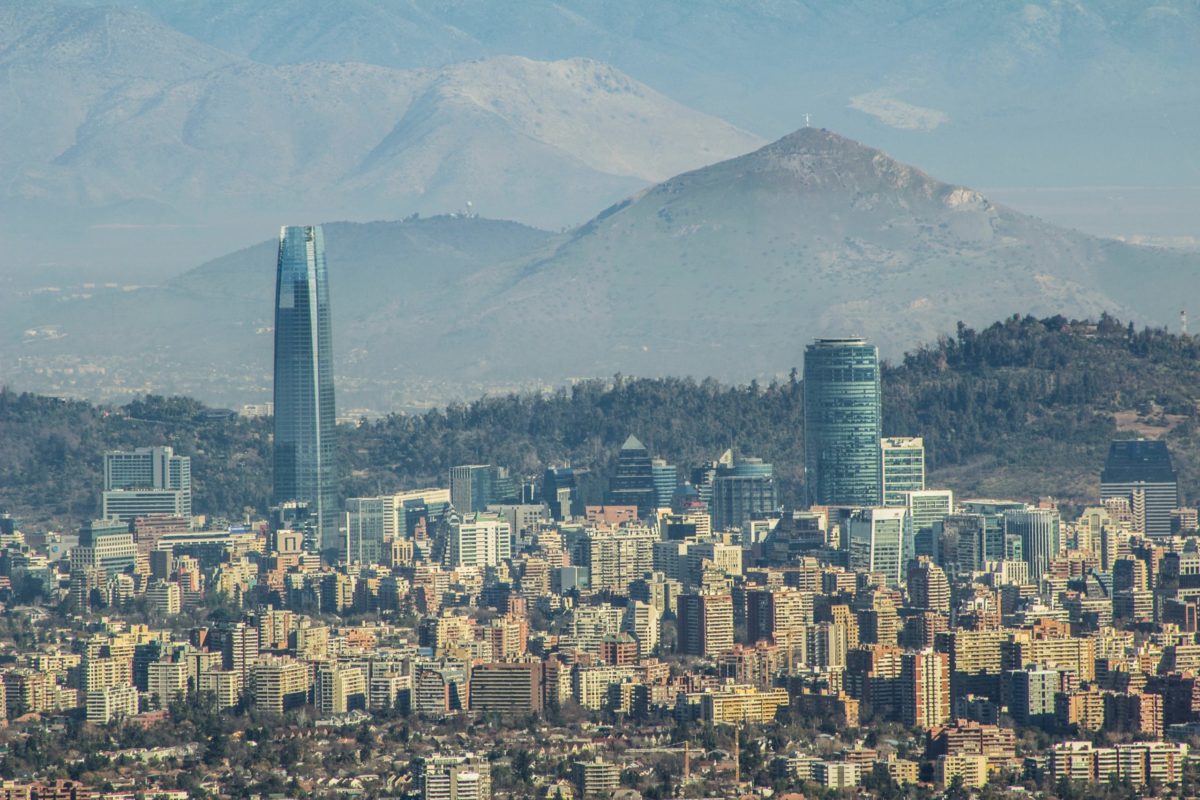As the COVID-19 pandemic continues apace in Chile, a test of the country’s commitment to democracy and the rule of law looms close – in just over a month, a historic referendum will be held on the possibility to change the Constitution.
The plebiscite was a key political demand during the social mobilization after October 19, 2019. But since March 18, 2020, Chile has been under the state of constitutional catastrophe or calamity due to the COVID-19 pandemic, which will continue at least through September 24, 2020.
Due to the pandemic, the date of the plebiscite was moved from April to October 25th after a political agreement between Congress and the executive. Chile does not have a system allowing for either electronic voting or voting by mail.
The official toll of deaths related to the novel coronavirus in Chile as of September 9th is 11,702; the number of confirmed, reported cases is 477,406, which corresponds to 2453.5 cases per 100,000 inhabitants. Active cases, however, have decreased significantly since June and July after the government increased its efforts to trace and isolate active cases and maintain an active testing policy.
The government has eased the confinement restrictions in large parts of the territory due the reduction of cases across the country and in some, but not all, municipalities in the Santiago Metropolitan Region. The step-by-step de-escalation of the confinement policy has re-opened public spaces, such as parks and stores, with restrictions, and in certain communities, restaurants and cafés are re-opening.
Borders between areas where restrictions have been lifted and areas still under strict quarantine are firm – people who live in areas under quarantine cannot travel to areas where restrictions have been lifted. Some businesses have been fined for forcing their workers to cross borders, or lie with respect to their places of residence.
Throughout the span of the quarantine, a number of individuals have been taken to criminal court for offenses related to the breach of the rules, such as for organizing illegal parties during the curfew and not respecting the sanitary instructions related to COVID-19. In addition, the most vulnerable, street vendors, have also been prosecuted for breaking restrictions. Some lawyers in the Public Defender Office have suggested this is a new form of criminalizing poverty.
Coronavirus cases have slowly risen in Chile since the progressive re-opening.
In fact, in the most southern city in the Patagonia region, Punta Arenas, cases have once again skyrocketed, forcing regional health authorities to transfer patients to the capital. While some regions have continued to ease restrictions, in other regions, restrictions have been reinstated.
Thus, despite the delayed date for the plebiscite, concerns remain about the upcoming vote.
Currently, some legislative initiatives have been put forward that would facilitate voting among those affected by quarantine.
A recent opinion poll revealed that in spite of the pandemic, 69 percent intend to vote, and 14 percent likely will vote. Only 13 percent stated that they would not cast a ballot or likely would not. Those surveyed were in favor of allowing those who were COVID-19 positive to vote in a special place, or by mail.
Amid the pandemic, commitment to democracy and the rule of law remains strong in Chile. Though the pandemic has created fear and reduced the intention to participate in the plebiscite from 90 percent in March, still the vast majority have declared a strong commitment to participate in the historic vote.
Lidia Casas Becerra is director of the Center for Human Rights at Diego Portales University.
